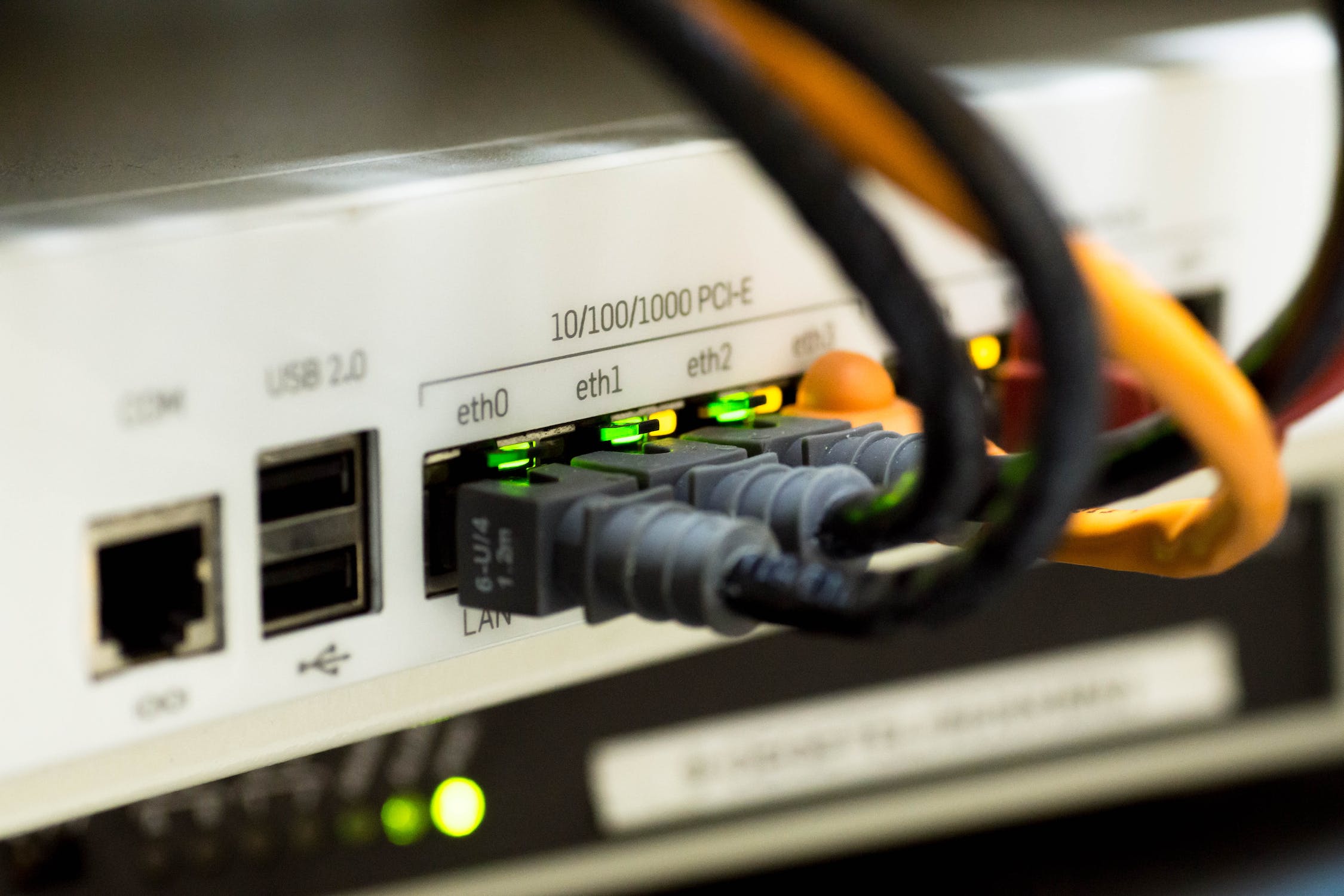Navigating the Cyber Storm: Implications of the Salt Typhoon Hacks on U.S. Telecommunications

The report “Salt Typhoon Hacks of Telecommunications Companies and Federal Response Implications” discusses the cyberattacks by the Chinese state-sponsored group Salt Typhoon on U.S. telecommunications companies, including internet service providers, in October 2024.
Image by Pixabay
In October 2024, U.S. telecommunications companies revealed the state-sponsored hacker group Salt Typhoon had breached their network, targeting major internet service providers and significantly impacting the cybersecurity landscape. This alarming breach raises concerns about the security of critical infrastructure and poses profound implications for the privacy of American citizens.
The Nature of the Attacks
Salt Typhoon demonstrated sophisticated hacking techniques that reflected a deep understanding of their targets. By focusing on systems used for court-approved access, these cyber actors aimed to intercept sensitive communications undetected. What makes this breach particularly insidious is the group’s use of built-in tools within the targeted systems, allowing them to execute their objectives without leaving typical malware footprints. This approach complicates detection efforts and highlights the depth of the threat that such state-sponsored groups represent.
Federal Response: A Coordinated Effort
Recognizing the severity of these attacks, the White House established a coordinated response on October 8, 2024. This initiative aims to tackle the immediate fallout of hacking incidents while laying the groundwork for preventive measures in the future. The U.S. government’s swift acknowledgment of the People’s Republic of China’s involvement demonstrates a commitment to transparency and accountability. Ongoing investigations are critical as they will help to uncover the full extent of the hacks and ensure that those responsible are held accountable.
Broader Implications for National Security
The findings outlined in the report underscore a persistent threat posed by Chinese cyber actors to U.S. critical infrastructure. These incidents serve as a clarion call to policymakers, emphasizing the importance of robust cybersecurity measures. If left unchecked, such breaches could unravel personal privacy and national security. The report also highlights the crucial role of congressional oversight in safeguarding American communications from external threats.
Call to Action for Policymakers
The Salt Typhoon hacks evoke significant concerns regarding the privacy of Americans’ communications and the security of essential infrastructure. Policymakers must prioritize the development of a comprehensive cybersecurity deterrence strategy. This strategy should focus not only on immediate responses but also on long-term resilience against future cyber threats.
Conclusion
The Salt Typhoon hacks are a stark reminder of the evolving threat landscape in cybersecurity. As our dependence on telecommunications continues to grow, so does the necessity for rigorous defenses to protect sensitive communications. The call for enhanced measures and vigilant oversight underscores the need for a collaborative approach to addressing these profound challenges. We must learn from these incidents to fortify our defenses and ensure the security and privacy that every American deserves. The stakes have never been higher, and the time for action is now.
